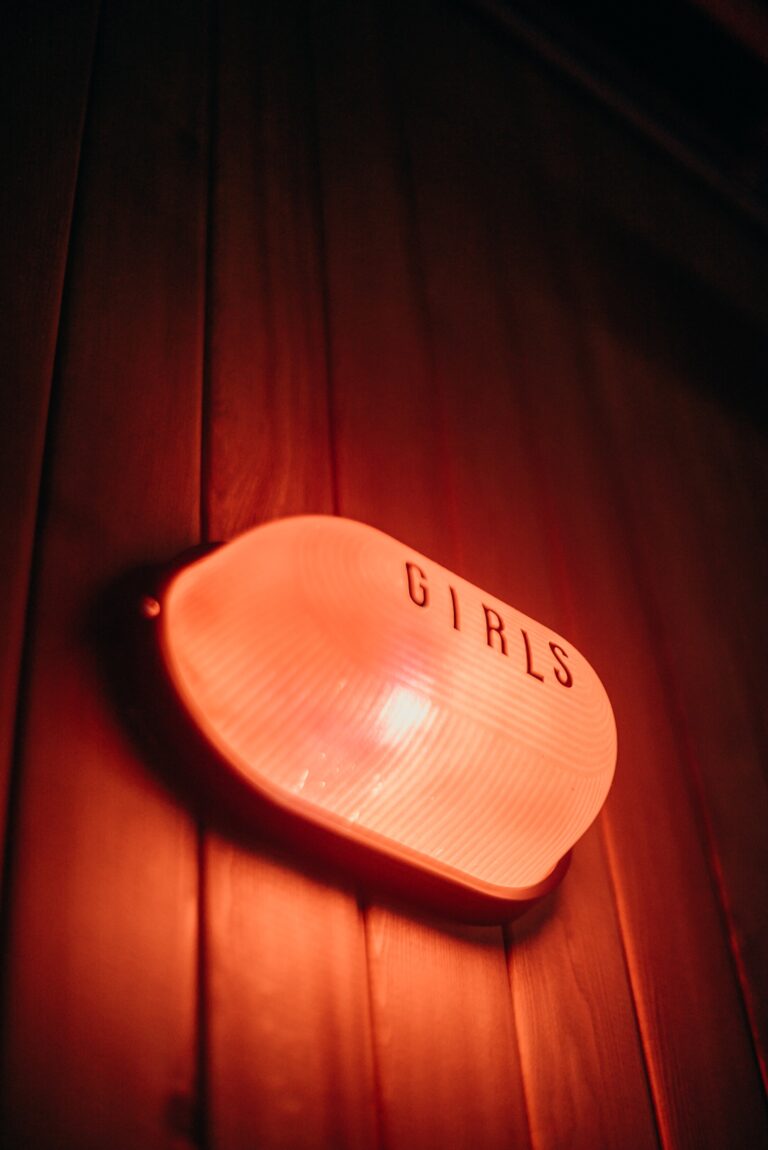What is the Legal Status of Prostitution in Scotland?
Prostitution in Scotland is not illegal, but many activities associated with it are criminalized. The legal status of prostitution is complex, as it is not explicitly prohibited by law, but several activities related to prostitution, such as soliciting, operating a brothel, or pimping, are illegal. The overall approach to addressing prostitution in Scotland is focused on reducing harm and ensuring the safety of those involved in the sex trade, rather than criminalizing the act itself.
What are the Laws, Penalties, and Law Enforcement Strategies Regarding Prostitution in Scotland?
There are several laws in Scotland that target activities related to prostitution, including:
- Section 46 of the Civic Government (Scotland) Act 1982, which prohibits soliciting or loitering for the purpose of prostitution.
- Section 11 of the Criminal Law (Consolidation) (Scotland) Act 1995, which criminalizes operating or managing a brothel.
- Section 22 of the Criminal Justice (Scotland) Act 2003, which makes it an offense to traffic individuals for the purpose of sexual exploitation, including prostitution.
Penalties for these offenses can range from fines to imprisonment, depending on the severity of the crime and the individual’s prior criminal record. Law enforcement strategies in Scotland tend to focus on targeting those who exploit individuals involved in prostitution, rather than the individuals themselves. This approach is in line with the Scottish Government’s commitment to reducing harm and ensuring the safety of those involved in the sex trade.
How is Prostitution Referred to Locally in Scotland?
In Scotland, prostitution is often referred to as sex work or the sex industry. This terminology reflects a recognition of the complex and diverse experiences of those involved in prostitution and acknowledges that some individuals may choose to engage in sex work as a form of employment. However, the use of these terms does not imply that all individuals involved in prostitution do so voluntarily or without coercion.
What is the History of Prostitution in Scotland?
Prostitution has a long history in Scotland, dating back to at least the 16th century. In the past, it was often tolerated and even regulated by local authorities, who viewed it as a necessary social service. In the 19th century, concerns about public health and the spread of sexually transmitted infections led to the introduction of the Contagious Diseases Acts, which allowed for the forced examination and detention of women suspected of being prostitutes.
These acts were highly controversial and were eventually repealed in the early 20th century, leading to a shift in attitudes towards prostitution. In the years that followed, a number of laws were introduced to target various aspects of the sex trade, culminating in the current legal framework that exists today.
How do Government Laws and Resources Address Prostitution in Scotland?
The Scottish Government’s approach to addressing prostitution is focused on reducing harm and ensuring the safety of those involved in the sex trade. This includes:
- Providing funding and support for organizations that offer services to individuals involved in prostitution, such as health care, housing, and counseling.
- Working with law enforcement agencies to target those who exploit individuals involved in prostitution, such as traffickers and pimps.
- Collaborating with international partners to combat human trafficking and sexual exploitation.
- Conducting research and gathering data on prostitution in Scotland to inform policy decisions and interventions.
In addition to these efforts, the Scottish Government has also commissioned a review of the current laws related to prostitution to determine whether they are effective in reducing harm and ensuring the safety of those involved in the sex trade. This review is ongoing and may result in changes to the existing legal framework in the future.
